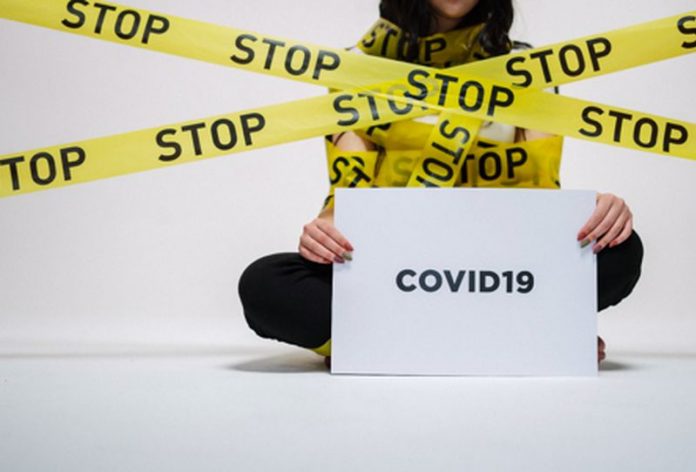This month we are marking the second anniversary of COVID 19 as it arrived in our area. Exactly two years ago the world stopped functioning normally, we entered a new world phase. The phase in which human freedom of movement and socializing is limited, where everything has been reduced to communication via the Internet, and socializing and traveling as well as going to favorite places like bars and restaurants have become something unthinkable. Fear for one’s own life and the lives of loved ones has become commonplace. Restrictions on movement in many countries in Europe and the world have greatly affected economic activities, and tourism in Croatia as well as other tourist countries has been hit.
Despite all the measures implemented in Croatia and Europe, the number of those infected grew rapidly due to non-compliance with government measures. COVID 19 endangered not only the lives of older people but also younger and middle-aged people. COVID 19 has taken the many lives, and many who have survivedthey were feeling the consequences long after the illness. It affected not only people’s physical health but also their mental health due to financial insecurity and social exclusion.
Unfortunately, young people have once again proved to be the most vulnerable group. The situation with COVID 19 has greatly affected professional development and career. Many lost their jobs, their trades were closed, and finding a new job in such a situation became almost impossible. Poverty was occurring in larger cities and many were retreating to the countryside. The return to the countryside, especialy urban areas from the big cities meant a loss for many young people. As a result of all this, there was depression, anxiety, loneliness, many lost their goals in life and of course the birth rate dropped because people in such situations cannot start families.
The first lesson we can see from all of this is that the whole world can really change overnight. Therefore, we need to focus on what needs to be improved and what can be done better in the future. One of the lessons we also need to implement is that Emergency Tools need to be faster and easier to activate. Since COVID found us unprepared, the EU should establish a framework for activating the EU pandemic state of emergency and a set of crisis tools. Faster detection and better responses require strong global health surveillance and an improved European pandemic information gathering system. Member States should be supported to strengthen the overall resilience of health systems as part of their investment in recovery and resilience. Prevention, preparedness and response to a pandemic is a global priority for Europe. These are just some of the lessons we learned from the pandemic.
As a large part of the population was vaccinated, the measures began to be mitigated, which led to the opening of catering facilities, and opportunities for new travel were opened, which slowly slows down tourism and the economy after the difficult 2020 year. Despite the great migration to larger cities in 2020, it showed us that entrepreneurship can also develop in urban areas and that survival is possible in villages, both older and younger.


